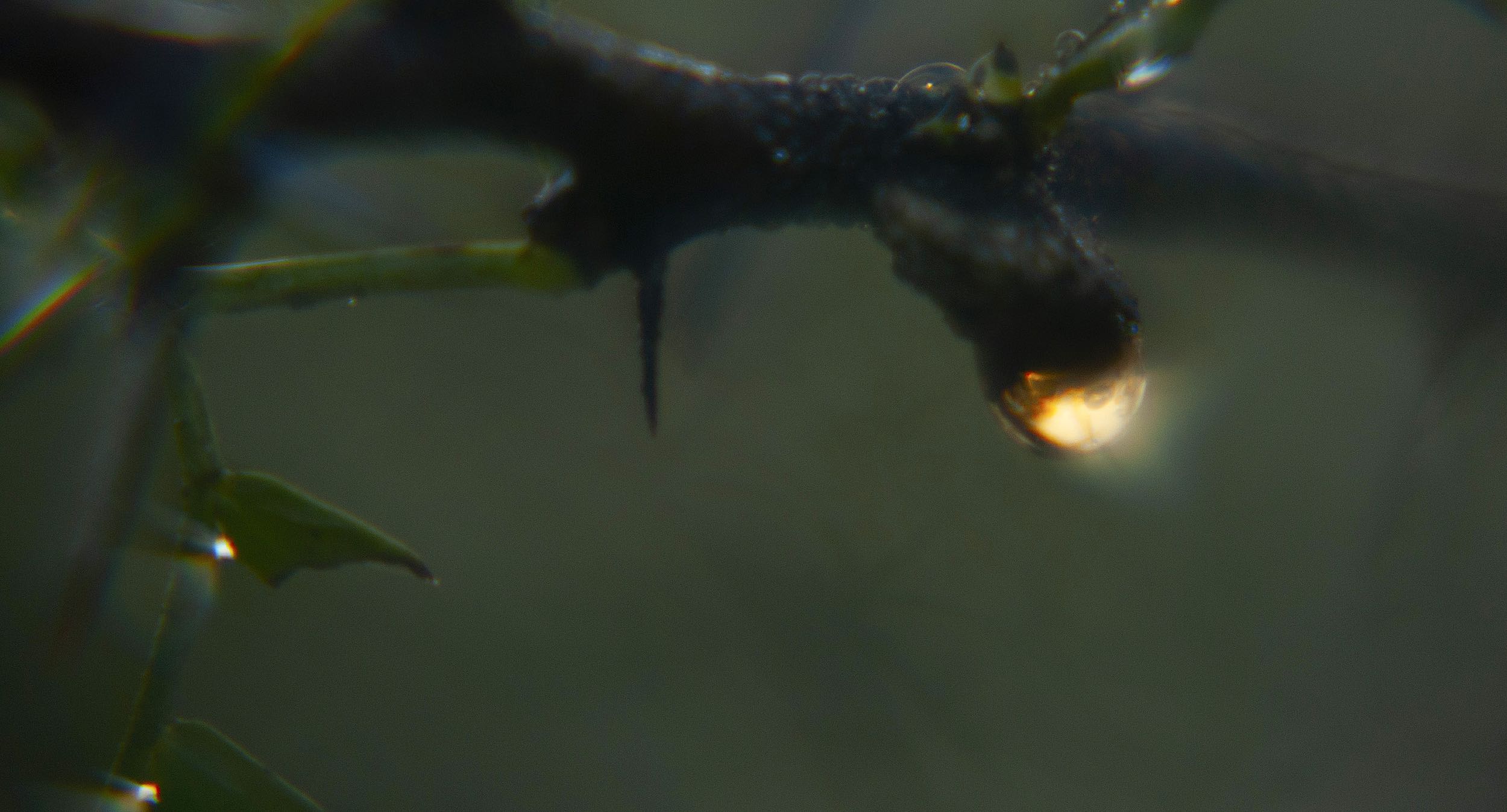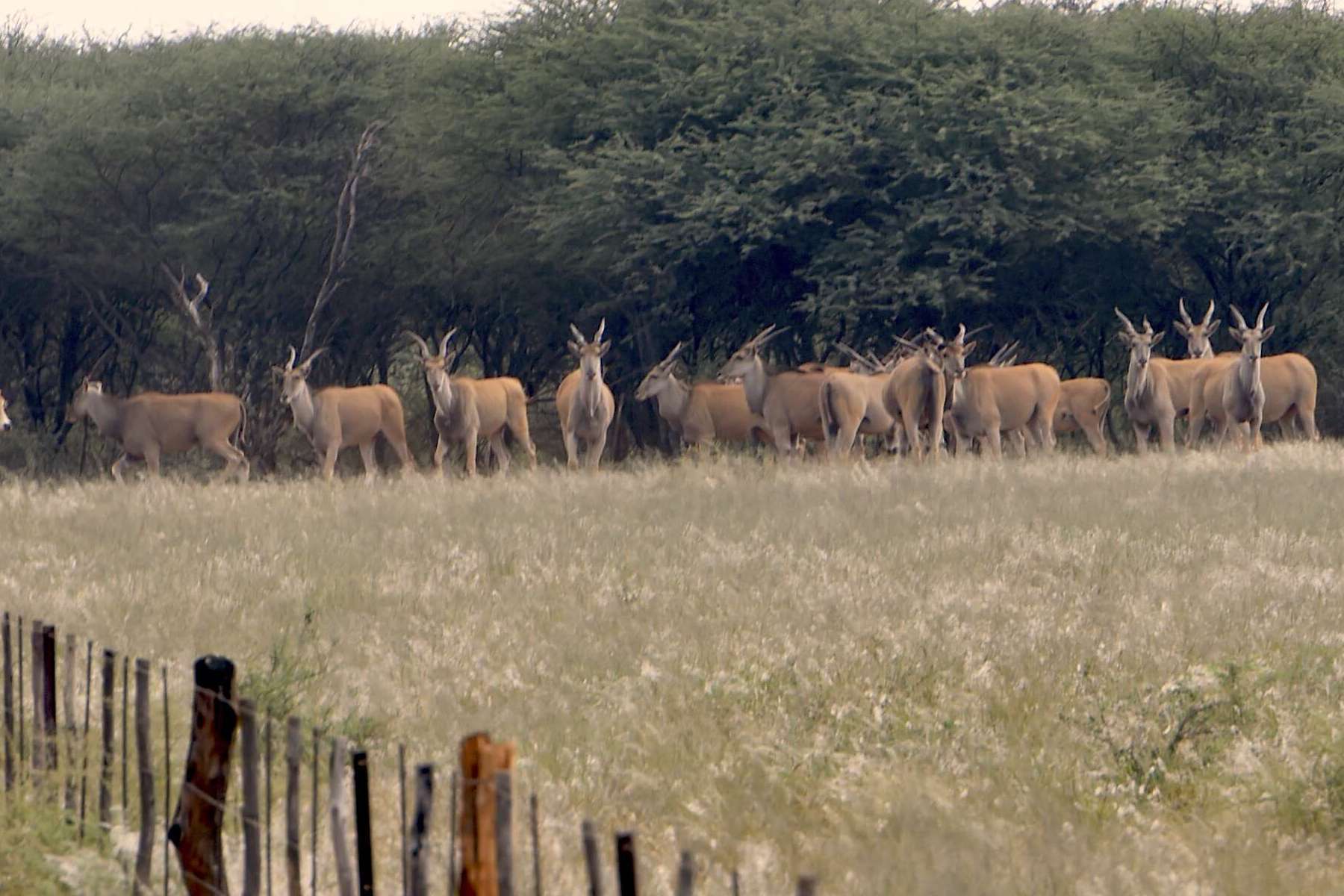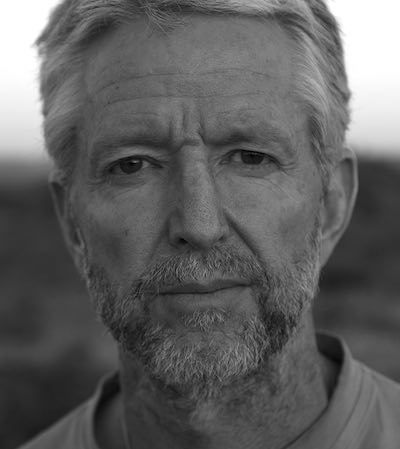
Science be damned?
17th August 2020
The coronavirus pandemic is a hoax. Global warming isn't real. Evolution is a lie. The earth is flat ... Such conspiracy theories may come in degrees of absurdity, but they all have one thing in common – a disregard for science.
We live in the most scientifically privileged time that humanity has known. It enables the greatest ever health care, the most impressive engineering, the most wonderful digital innovations and many other things we take for granted. We have more scientifically supported information available to us than ever before – and a vast part of it is accessible via a few taps on our smartphones.
Yet, inexplicably, scores of apparently educated, intelligent people regularly dismiss the very science that enables their daily health, comfort and leisure. They prefer to believe social media posts claiming conspiracies, and ignore or deny countless scientific truths accessible via numerous reputable publications.
How can our brains mislead us so?
Part of the problem is the Dunning-Kruger effect: we tend to believe that we are much smarter than we actually are. When we misinterpret a scenario, our sheer lack of understanding of the situation may prevent us from realising that we're misinterpreting it. This is particularly common when we run with the first snippet of information we get hold of and never stop to learn about other aspects that may be important.
The Dunning-Kruger effect has become a problem in Namibian conservation circles. Local outdoor enthusiasts, who regularly go camping in communal areas, who read news headlines about environmental concerns and engage in social media brouhaha, are convinced they know better what the issues are with community conservation and how to solve them than experts who have spent their lives working in the field. Unfortunately, many self-proclaimed pundits tend to offer only dismissive criticism – rather than constructive suggestions that could be implemented. Such overreach can be stunning, as seen in the complex field of climate change. Someone recently told me they'd had a look at some online data and come to the conclusion that there is no global warming. A cursory review of one data set seemed more definitive than decades of detailed research by climate scientists.
Another reason for our misjudgements can be a deep mistrust of 'the establishment' (government, big business, global agencies – 'the enemy'). Blatant corruption is frequently exposed all around the world, prompting us to see every new scenario as another attempt by someone trying to mislead us for their personal gain. This routinely leads people to reject solid scientific data presented by government, reputable NGOs and independent researchers as 'fudged figures'.
Namibia's proven sustainable use approach regularly comes under fire. Conservation hunting is dismissed as a greedy, dirty business plundering our wildlife, which should be banned for good. When scientists show that conservation hunting has no negative impacts on most wildlife populations but generates significant income for conservation and has thus contributed to the recovery of many species, or when rural communities speak out about the many benefits of sustainable use – and their right to self-determination – they are labelled as corrupt or unduly influenced by outsiders.
Our convictions tend to be heavily influenced by our ideology. If people feel it's morally wrong to kill any animal, they are much more likely to believe that data supporting conservation hunting is invented. Conspiracy theories are also a way of 'sticking our heads in the sand'. If COVID-19 or global warming aren't real, they might just go away without us needing to change our lifestyles.
The human brain is primed to make connections between effects and their causes. But it's important to remember that correlation is not causation (this website shows numerous examples of this issue). We need to be very careful not to confuse the two – whether we are talking about local environmental issues or global crises. Just because Barack Obama mentioned the risk of pandemics in his 2006 book The Audacity of Hope, or because Matt Damon starred in the 2011 Hollywood film Contagion about a global pandemic, or because Bill Gates has been pointing out the threat of pandemics for years, doesn’t mean any of them created – or stand to profit from – COVID-19.
Without proof, even the most convincing correlation should not be treated as cause. When it’s a far-fetched connection, well, then it’s just that – far-fetched. Diseases are a part of animal and human life; widespread occurrences of disease – known as epidemics – are not rare. Pandemics are simply epidemics on a much larger scale, where the disease is spread by infected individuals actively moving from place to place and interacting with other communities. Zoonotic diseases (or zoonoses) are those that have jumped from animals to humans. Zoonoses can happen when humans are bitten by animal parasites such as ticks, or come into close contact with stressed and sick wild animals held in captivity, or when raw or undercooked meat from a sick animal is eaten. The current coronavirus pandemic is simply a zoonotic disease that has spread globally. Those who understand the science of zoonotic diseases and epidemics have long predicted something like it, and expect that there will be others in future.
The problem with science is that it isn’t absolute. The more we know, the more we realise how little we know. Scientific understanding is only valid until it is expanded by more complete scientific evidence that improves our understanding. As a result, scientists tend to be cautious about their findings, using carefully chosen, often complex language – which sounds much less convincing than the confidently articulated absolutes of social media charlatans.
The smallest possibility that science may be wrong often entices us into believing the most improbable things. Yet the fact that science isn't absolute doesn't mean that the earth might still turn out to be flat, or that evolution might be a lie, or that global warming isn't happening, or that COVID-19 might be a hoax.
Importantly, science isn't dogma. True science never demands blind faith. It doesn't expect us to follow it without question. Instead, science seeks to answer our questions in order to establish a more complete understanding of the truth. Science is relentless curiosity about our universe and everything happening in it.
If we all based our worldviews and our approaches to challenges more on sound scientific understanding and less on our hunches, humanity would be able to face challenges such as pandemics, climate change and other crises much more effectively.
For articles on similar topics, please click one of the following options:
If you enjoyed this page, then you might also like:




Helge Denker is a Namibian writer, artist and naturalist. He has worked in various sectors within the Namibian tourism and environmental spheres for the past three decades. He compiles information on conservation and the environment for diverse applications and publishes regular articles on environmental issues.
We use cookies to monitor site usage and to help improve it. See our Privacy Policy for details. By continuing to use the site, you acknowledge acceptance of our policy.